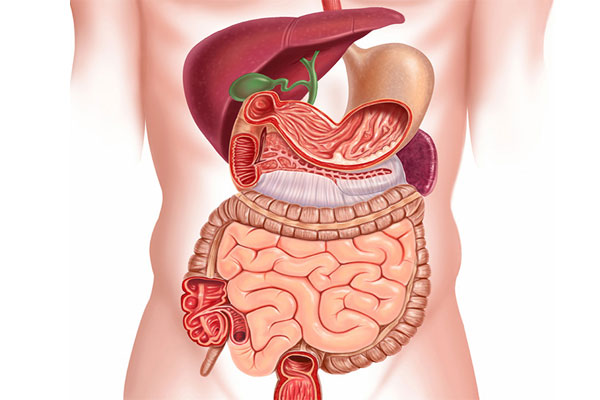What is gastroenterology?
Gastroenterology is a subspecialty of internal medicine.
It relates to the study of the function and diseases of the gastrointestinal tract and the digestive system.
Gastroenterology involves a detailed understanding of:
- the gastrointestinal organs
- the movement of material through the stomach and intestines
- the digestion and absorption of nutrients
- the removal of waste from the body
- the liver
A gastroenterologist is a medical professional who specializes in diseases and conditions that affect the digestive organs and structures.
These parts of the body include the:
- esophagus, or food pipe
- stomach
- small intestine
- colon
- rectum
- pancreas
- gallbladder
- bile ducts
- liver
To become a gastroenterologist, a doctor must complete a 3 year internal medicine residency after medical school. Following this residency, they will undertake 2–3 years of intense, specialized training called a fellowship.
Once they become qualified, gastroenterologists often work closely with other healthcare professionals to provide care to a wide range of people.
A gastroenterologist may work with:
- hepatologists, who specialize in the liver
- radiologists, who specialize in imaging
- oncologists, who specialize in cancer
What conditions do gastroenterologists treat?
These specialists treat a number of conditions affecting the GI system. This can include:
- acid reflux
- ulcers
- IBS
- hepatitis C
- polyps, or growths, which typically occur in the large intestine
- jaundice, or a yellowing of the skin
- hemorrhoids
- bloody stool
- pancreatitis, or a rare disease causing inflammation of the pancreas
- colon cancer
What procedures do gastroenterologists perform?
These specialists perform a range of nonsurgical procedures. This can include:
- endoscopic ultrasounds to examine the upper and lower GI tract, as well as other internal organs
- colonoscopies to detect colon cancer or colon polyps
- endoscopic retrograde cholangiopancreatography to identify gallstones, tumors, or scar tissue in the bile duct area
- sigmoidoscopies to evaluate blood loss or pain in the bowel
- liver biopsies to assess inflammation and fibrosis
- capsule endoscopies to examine the small intestine
- double balloon enteroscopies to examine the small intestine
